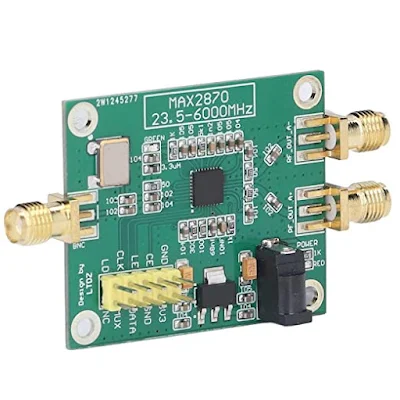SolderSmoke podcast #186 is available:
-- April 1 WireWrapRap Rap-up. Feedback from participants.
-- Bench Reports:
- Pete talks about his Raspberry Pi SDR DSP rig.
- Bill talks about on his Mate for the Mighty Midget Receiver and his R2 Frankenstein.
-- A story from Pete's youth: Cruising the "Miracle Mile" with a Heathkit "Ten-er."
-- Why do we need more RF amplification (in receivers) on 20 than on 40?
-- Have you ever tuned the BFO freq in a superhet by the "sound of the noise?"
-- A visit to Washington by Jonathan W0OX and family.
-- Bill goes to Winterfest Hamfest with Armand WA1UQO
-- Pete on the importance of balance (in life).
-- Great interviews on QSO Today: Peter Parker, Grayson Evans, and Ashhar Farhan.
-- MAILBAG:
- Paul Darlington M0XPD has a new book about life, travel, and the Dayton Hamvention.
- Michael AA1TJ QRV with a tuning fork at its 2,000th harmonic.
- Jonathan M0JGH living dangerously with homebrew QRP in Italy.
- Ben KC9DLM JoO with MMM
- Stefan DL1DF needs 3.579 MHz rock "with mojo." We have it for you OM.
The music for SolderSmoke 186 was written and performed (the bass lines) by Pete's son Tim. Thanks Tim!
Pete also suggested that we have some rap lyrics for this music, so renaissance man that he is, he composed some words. We are still looking for a performer.
Yo we solder no more – its wire wrap and cables
The cables connect to the small black box
hold on to your pants and pull up your socks
A cable goes here and a cable goes there
Turn on the switch and its Shazam all software






































.jpg)












